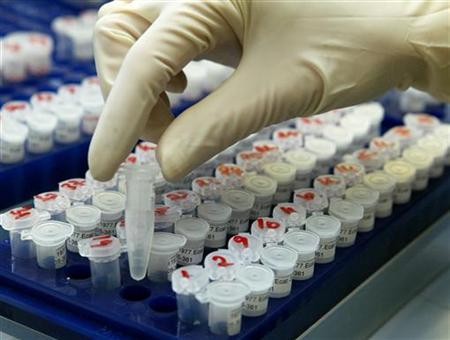Researchers found that a Roche blood DNA test to be far better for Down syndrome tests for fetuses compared to the standard prenatal screening examinations.
It was shown in the study, published in the New England Journal of Medicine, that the DNA tests are very accurate even in women with low risks.
However, the researchers from the U.S. said that women who got positive test results should still go through additional invasive diagnostic tests to confirm. This is true especially for women who are considering terminating their pregnancy, according to Reuters.
Dr. Mary Norton from the University of California said that the DNA test is accurate at detecting Down syndrome, but it is not able to detect everything.
Previous studies have proven that similar fetal DNA tests are better at detecting not only Down syndrome, but also for two other chromosomal abnormalities in high-risk women aged 35 and above.
For the study, Norton and her team tested more than 15,000 women who were averagely aged at 30. The researchers then compared the accuracy of the standard prenatal screening for Down syndrome in fetuses with Roche's Harmony DNA test.
Norton's team found out that Roche's DNA test successfully identified all 38 Down syndrome cases, compared to 30 from the standard tests.
In addition, the false positive rate was significantly lower for the Roche DNA test at only 0.06 percent, compared to the standard screening's 5.4 percent.
"These are really exciting times; this cell-free DNA is changing prenatal care dramatically," Professor Lyn Chitty of Great Ormond Street told BBC.
Chitty added that the area's progress was now very quick compared to years ago as more and more tests were becoming available for other genetics-based disorders.



























